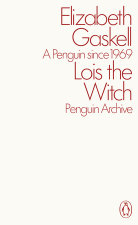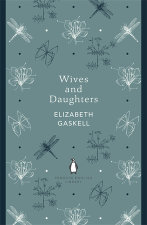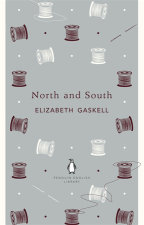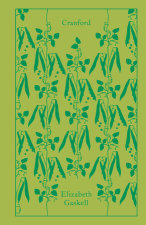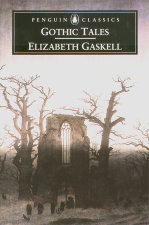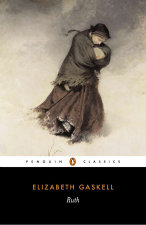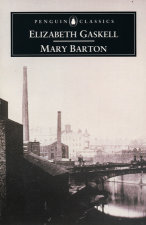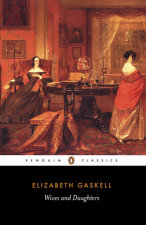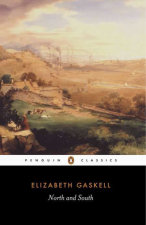Mary Barton
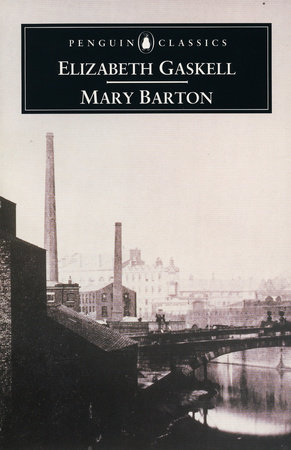
‘O Jem, her father won’t listen to me, and it’s you must save Mary! You’re like a brother to her’ Mary Barton, the daughter of disillusioned trade unionist, rejects her working-class lover Jem Wilson in the hope of marrying Henry Carson, the mill owner’s son, and making a better life for herself and her father. But when Henry is shot down in the street and Jem becomes the main suspect, Mary finds herself painfully torn between the two men. Through Mary’s dilemma, and the moving portrayal of her father, the embittered and courageous activist John Barton, Mary Barton (1848) powerfully dramatizes the class divides of the ‘hungry forties’ as personal tragedy. In its social and political setting, it looks towards Elizabeth…
$14.00
April 1, 1997
Elizabeth Cleghorn Gaskell was born in London in 1810, but she spent her formative years in Cheshire, Stratford-upon-Avon and the north of England. In 1832 she married the Reverend William Gaskell, who became well known as the minister of the Unitarian Chapel in Manchester’s Cross Street. As well as leading a busy domestic life as minister’s wife and mother of four daughters, she worked among the poor, traveled frequently and wrote. Mary Barton (1848) was her first success. Two years later she began writing for Dickens’s magazine, Household Words, to which she contributed fiction for the next thirteen years, notably a further industrial novel, North and South (1855). In 1850 she met and secured the friendship of Charlotte Brontë. After Charlotte’s…
